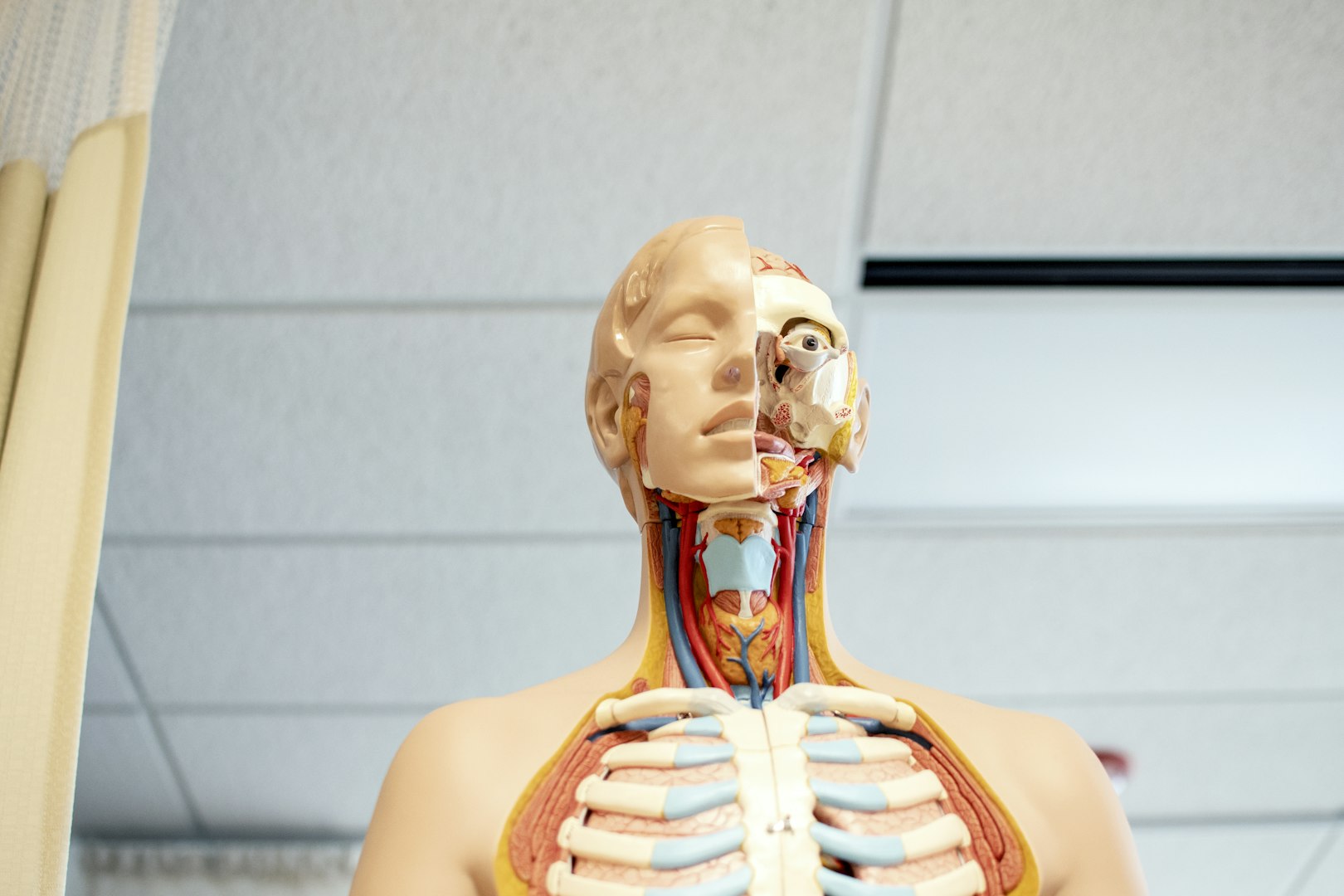Introduction to the Menopausal Voice Centre

Hello and welcome to the Menopausal Voice Centre. You may be reading this because you have already decided that your voice needs the help and support that this consultancy can offer you. Alternatively, you may just be curious or seeking answers. The MVC seeks to empower you to get the personalised advice, support and help that you need to improve your vocal function, confidence and knowledge of your voice during and after menopause.
Voice change is inevitable during menopause and is a natural part of the female voice’s lifelong journey. As the levels of the hormones oestrogen and progesterone reduce in the body, the mass of the vocal folds diminishes. In addition, the laryngeal musculature begins to atrophy and weaken. These changes can manifest themselves in many different ways, most notably: hoarseness/huskiness, frequent throat clearing, dryness, loss of vocal projection, a sense of stiffness in the voice, breaks or cracks in the spoken and/or singing voice, singers may notice a loss of notes at the top or bottom (or at both extremes) of their vocal range.
However, no two voices are the same and so women experience different symptoms of voice change at different stages of menopause and at varying levels of severity. For example, classically trained singers often have more muscular resilience to voice change due to their training and the nature of how they use their voices professionally. However, they tend to notice even the smallest of changes because they are so in touch with their voices. Hormone Replacement Therapy can help alleviate the symptoms, but even then the voice is in decline. You need to have other means at your disposal to intervene and mitigate the symptoms of menopausal voice change.
Paul has worked with many menopausal and post-menopausal women in the studio (you can read some of their testimonials on this website). Some women had gone through menopause abruptly years earlier due to hysterectomies, others were perimenopausal and struggling to understand what was happening to their voices, and some were ten years or more post-menopause with voices in an almost complete state of dereliction. Many clients are singers but professional voice users (women who rely on their voices for their careers such as teachers or presenters) have also benefitted from the care pathways prescribed to them. You do not need to sing as part of your journey at the MVC as the care pathways offered are designed as much for the spoken voice as for the singing voice. All of the women that have followed bespoke care pathways have been able to improve their vocal function – often beyond their wildest expectations.
The exercises are not about singing or performing beautiful arpeggios. Several clients have commented that their husbands or partners have asked them why they have been making industrial noises over and over again day after day. I tell them to respond: “darling, I was just taking my voice to the gym.” If you watch a football match and notice the players on the side of the pitch warming up. They are never running up and down constantly from one end of the pitch to the other or doing star jumps – instead they might be gently stretching one muscle group and isolating what they need to ensure peak performance. It is the same with voice. There are many individual parts of the larynx and the way in which they interact with each other changes profoundly as a result of menopause. The purpose of the treatment offered at the MVC is to re-establish as much as a balance as is possible between those interactions and the efficacy of the different parts of the larynx to promote sustainable vocal health and longevity.
The support offered at the MVC does not claim to be medically proven or to be endorsed by speech and language therapists. However, all of the care pathways offered to clients have been extensively researched, trialled by a sample of women as part of a thesis for a higher degree and proven to yield benefits to the menopausal voice. It is not possible to rehabilitate the postmenopausal voice completely, but it is certainly possible to reclaim the confidence that you once had in your voice and to significantly enhance your vocal performance. Please get in touch on the contact page if you want to start your journey back to your voice with the MVC to set up an initial online consultation.
The initial consultation typically is in five parts:
a discussion about your experiences of voice change,
an assessment of what you need to support your voice going forward,
an explanation on a physical level of what is happening in your larynx,
a demonstration and explanation of the bespoke vocal strategies that your voice will need to improve vocal function,
and finally, ensuring that you can execute each exercise to the standard at which it needs to be performed to yield results.
Then you are advised to attend two follow up sessions three to four weeks apart to evaluate your progress and identify any further intervention that may be required.